Methylparaben: 6 Risks, Benefits & Alternatives
Exercising precautions is a must while using this highly potent skincare ingredient.
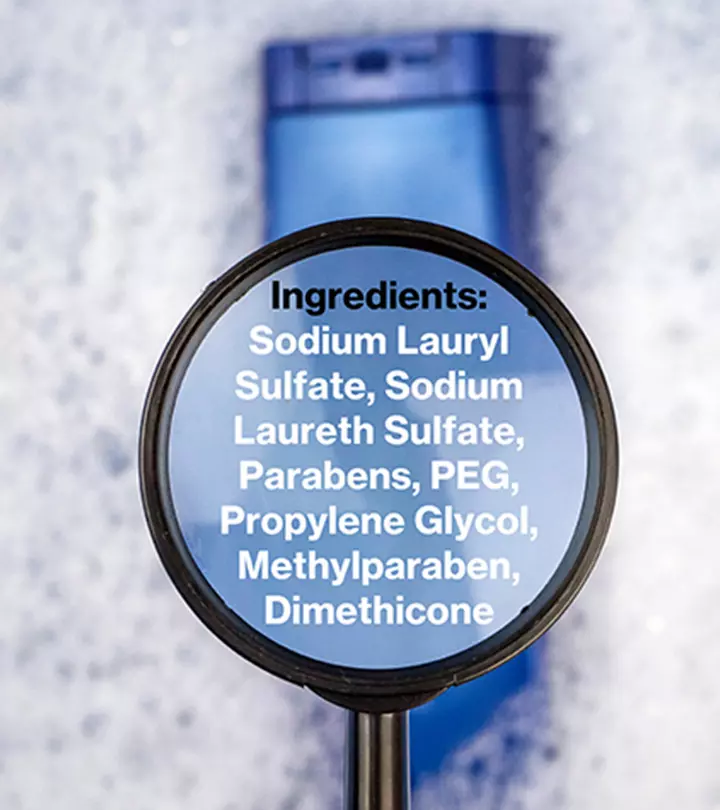
Image: Shutterstock
Methylparaben is an ingredient used in skincare products. It has antimicrobial properties and is mostly used as a preservative to increase the longevity of skin care products. However, most people try to avoid methylparaben for skin. Is it risky to use? Can it harm your skin? Read this article to clear all your doubts related to methylparaben.

 Know Your Ingredient: Methylparaben
Know Your Ingredient: MethylparabenWhat Is It?
A common paraben used in cosmetics to prevent germ growth.
What Are Its Benefits?
They stop dangerous fungi, bacteria, and mold from contaminating your makeup products.
Who Can Use It?
Anyone can use methylparaben except people with sensitive, allergic, or eczema-prone skin types.
How Often?
Products containing methylparaben can be used every day if used in moderation.
Caution
Methylparaben can cause allergic reactions in people. Some studies show that it may also cause cancerous skin damage in some cases.
In This Article
What Is Methylparaben And Why Is It Used In Skin Care?
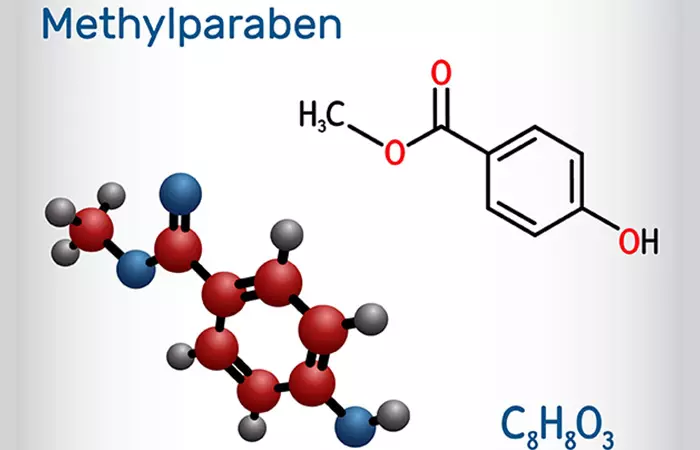
Parabens are preservative esters added to skin care products in concentrations of 0.8% (a blend of parabens) to 0.4% (individual paraben) (1). Parabens are of different types:
- Methylparaben
- Propylparaben
- Ethylparaben
- Isopropyl paraben
- Butylparaben
- Isobutylparaben
- Benzylparaben
 Did You Know?
Did You Know?Beth, a blogger, discusses her focus on health and beauty products that are “paraben-free” due to her findings about a study suggesting a possible link between parabens and breast cancer. Upon learning this, she ran to her bathroom to check for parabens in her skincare and beauty products. She wrote, “Not only did tons of the products contain them, some had parabens listed in the first few ingredients. Even worse, many of my all-time-favorite products (that I use every day!) contained parabens (i).”
So, for those seeking an answer to the question “what are parabens,” learning more about them will help you understand why certain brands add parabens to their products. Out of all, methylparaben is frequently used in cosmetics. It naturally occurs in blueberries and is developed synthetically in labs (2). It is used in cleansers, lotions, moisturizers, masks, gels, skin creams, tanning lotions, and baby skin care products (between 0.3% and 0.5%). Methylparaben serves a purpose in skin care products. Let’s take a look at its benefits.
Key Takeaways
- Methylparaben is a popular preservative used to make skin care products last longer.
- Methylparaben is an antimicrobial and antifungal agent and has no distinct taste or odor.
- There are different levels of methylparaben used in skin care products, and it is generally considered safe when used in small amounts.
Benefits Of Adding Methylparaben To Skin Care Products
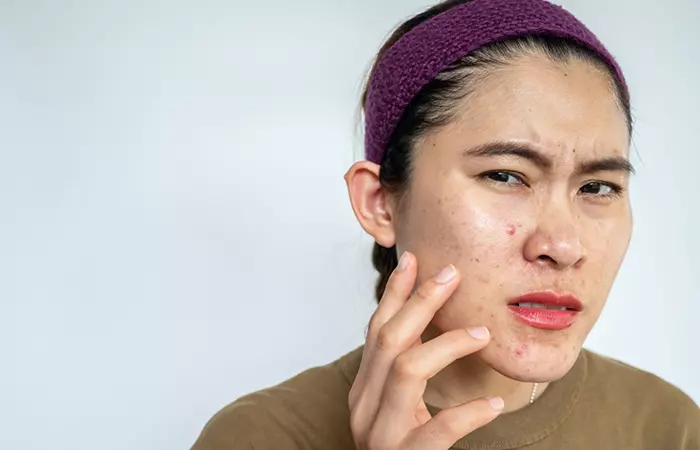
- Methylparaben has antimicrobial and antifungal properties (2).
- It has no specific odor or taste, a neutral pH level, and does not discolor or turn murky. This property of methylparaben increases the shelf life of the products.
Methylparaben is not available as a separate ingredient and has no such skin benefits. It is incorporated in products.
What about using methylparaben for hair? Does it have any benefits? Let’s find out.
Methylparaben For Hair
Methylparaben may help prevent fungal growth and infections on the scalp. This can be attributed to its antimicrobial properties. While there is limited research in this regard, anecdotal records suggest that methylparaben can help combat scalp dandruff.
However, methylparaben may also cause certain side effects.
Some believe the compound may lead to hair loss or scalp irritation for individuals with sensitive skin.
Along with methylparaben, propylparaben is another compound used in cosmetic products. How are the two different?
Methylparaben And Propylparaben
Propylparaben is also used in cosmetics as a preservative, owing to its antifungal and antibacterial properties. However, it differs from methylparaben primarily in terms of toxicity. Methylparaben is less toxic than propylparaben (3).
As we saw, methylparaben may cause adverse effects too. But you may mitigate most of them by using it right. Learn more in the next section.
How To Use Methylparaben And How Often
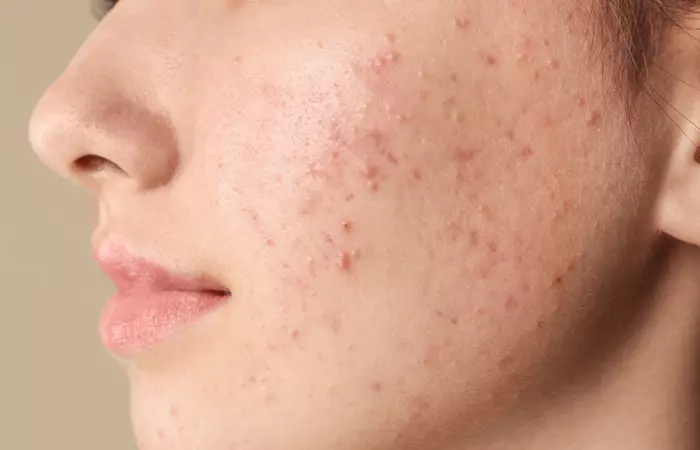
Methylparaben is used in different concentrations (not more than 0.5%) in all skin care products. You can use them as per the manufacturer’s instructions.
It can be used on all skin types except eczema-prone, acne-prone, and sensitive skin. Methylparaben is used in small concentrations in products and considered to be safe. However, there are some side effects you need to be aware of.
Side Effects Of Methylparaben
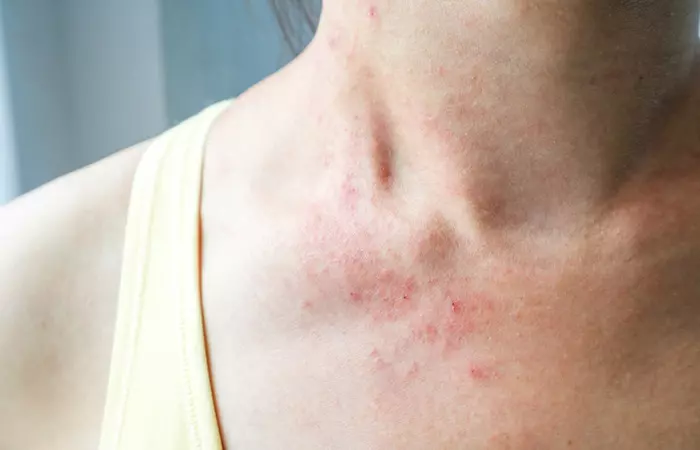
- Parabens may increase the risk of breast cancer as they penetrate the skin and remain in the breast tissue (4). They can also disrupt endocrine functioni The function of the endocrine glands that release hormones in the bloodstream, regulating the mood, development, and metabolism of the body. (thyroid and adrenal glandsi Small, triangular glands located above both kidneys that release hormones to regulate your metabolism and carry on other functions. ) and cause structural and functional changes in the skin. This may increase the skin’s rate of UV absorption and increase the risk of skin cancer.
- One of the main concerns regarding methylparaben is it can mimic estrogeni A class of hormones responsible for developing and regulating the female reproductive system and secondary sex characteristics. and may disrupt hormonal balance and thyroid function (5).
- A study on mice found that methylparaben could activate TRPA1 channels (sensory neurons) and stimulate pain sensations (6).
- Research on toxicity levels of methylparaben shows that it may irritate the skin when used in high concentrations (7).
- Methylparaben may have a disruptive effect on the reproductive system in women. Research shows that parabens remain in the blood and affect menstruation and cause reproductive issues (4).
- Parabens may cause allergic contact dermatitis and lead to skin inflammation such as blisters, burning sensations, and rashes (4).
Parabens are used in low concentrations in skin and personal care products. However, if you want to avoid them completely, you can go for safer alternatives.
Are There Safer Alternatives?
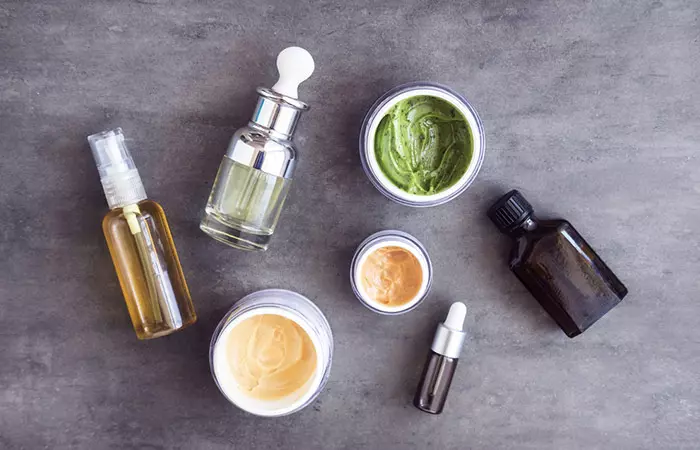
There are many paraben-free products available on the market. These are safer options and don’t affect your health and skin as parabens do. Also, you can check for beauty products with plant-based preservatives.
Infographic: What Products Contain Methylparaben?
Methylparaben is a type of paraben that is commonly used as a preservative in a wide range of products. It is most commonly found in cosmetics, where it is used as an antimicrobial preservative. In the infographic below, you will find a list of products that contain methylparaben. Take a look to stay informed!
Some thing wrong with infographic shortcode. please verify shortcode syntax
Methylparaben is used in skin care products as a preservative to increase their shelf life. The antimicrobial and antifungal properties of methylparaben make it an excellent choice as a preservative. Since it is used in small concentrations, it is safe on all skin types except sensitive, eczema-prone, and acne-prone skin. However, it has some potential side effects if used in higher concentrations or penetrates the skin and reaches the bloodstream. Always do a patch test before you use products with parabens. You may also look for safer alternatives with plant-based preservatives.
Frequently Asked Questions
Does methylparaben cause acne?
Yes. Methylparaben can mimic estrogen, leading to a hormonal imbalance in the body which may contribute to acne breakouts.
Is methylparaben safe for babies?
Though methylparaben is found in many baby products, it has not yet been proven safe for babies.
Is methylparaben an active ingredient?
No, methylparaben is an inactive ingredient used as a preservative in various products.
What is another name for methylparaben?
Methylparaben may also be referred to as methyl parahydroxybenzoate, methyl p-hydroxybenzoate, p-carbo methoxyphenol, and 4-hydroxybenzoic acid methyl ester.
Illustration: How To Use Methylparaben For Skin, Benefits, & Side Effects
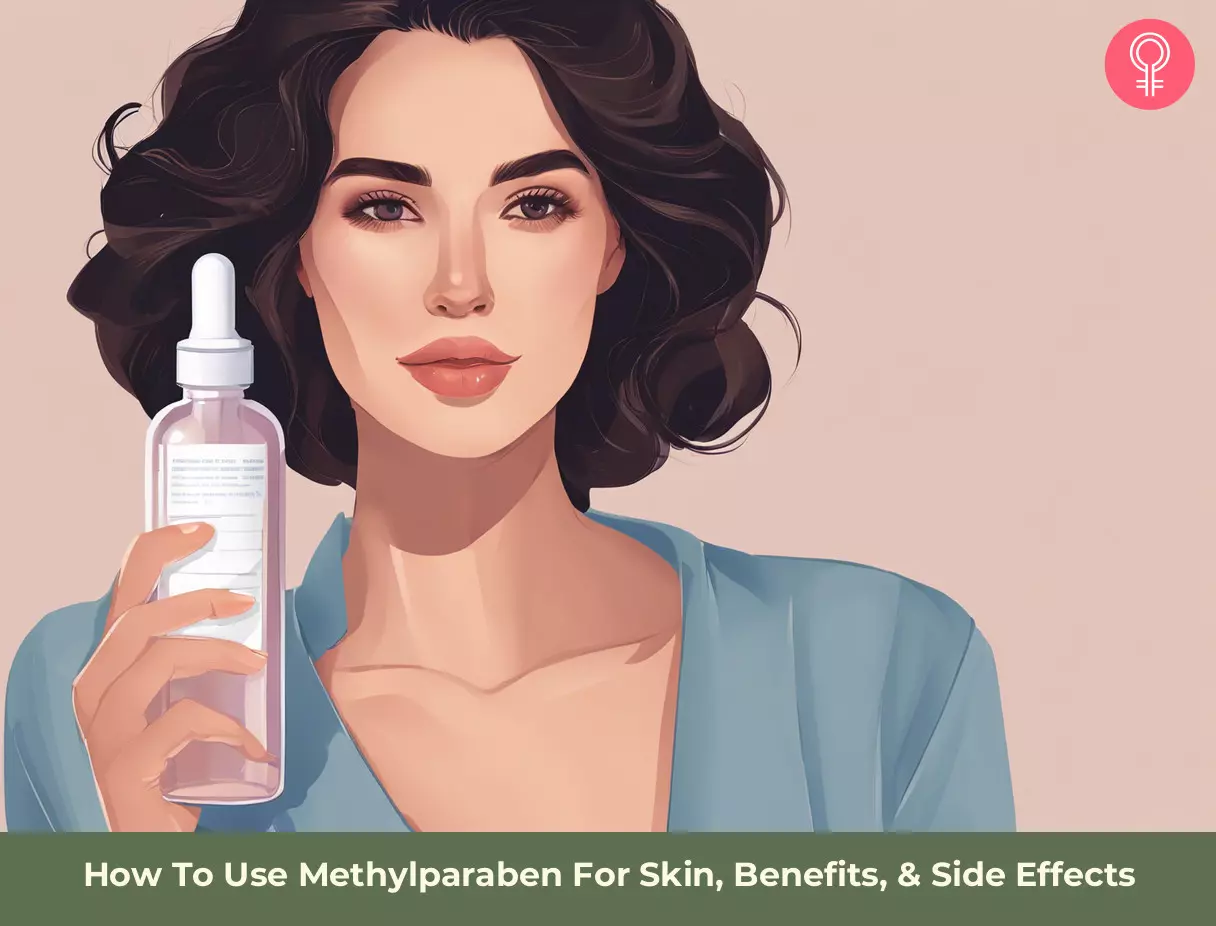
Image: Stable Diffusion/StyleCraze Design Team
Methylparaben is a preservative used in many cosmetics and personal care products. Learn more about its safety and uses in this informative video, now!
Personal Experience: Source
StyleCraze's articles are interwoven with authentic personal narratives that provide depth and resonance to our content. Below are the sources of the personal accounts referenced in this article.
i. The paraben projecthttps://bridgettsbeautyblog.wordpress.com/2012/03/24/the-paraben-project/
References
Articles on StyleCraze are backed by verified information from peer-reviewed and academic research papers, reputed organizations, research institutions, and medical associations to ensure accuracy and relevance. Read our editorial policy to learn more.
- Final Amended Report On The Safety Assessment Of Methylparaben Ethylparaben Propylparaben Isopropylparaben Butylparaben Isobutylparaben Benzylparaben as Used in Cosmetic Products
https://www.cir-safety.org/sites/default/files/PR427.pdf - Methylparaben
https://pubchem.ncbi.nlm.nih.gov/compound/Methylparaben - Comparative transcriptional analysis of methylparaben and propylparaben
https://pubmed.ncbi.nlm.nih.gov/30928742/ - Comprehensive Effects of Parabens in Human Physiology
https://www.researchgate.net/publication/351293008_Comprehensive_Effects_of_Parabens_in_Human_Physiology - Parabens Used in Cosmetics
https://ec.europa.eu/health/scientific_committees/docs/citizens_parabens_en.pdf - Methyl p-hydroxybenzoate causes pain sensation through activation of TRPA1 channels
https://bpspubs.onlinelibrary.wiley.com/doi/pdf/10.1038/sj.bjp.0707219 - Final Report on the Safety Assessment of Methylparaben, Ethyl paraben, Propyl paraben, and Butylparaben
https://journals.sagepub.com/doi/pdf/10.3109/10915818409021274 - Combined activation of methyl paraben by light irradiation and esterase metabolism toward oxidative DNA damage
https://pubmed.ncbi.nlm.nih.gov/18656963/ - Methylparaben potentiates UV-induced damage of skin keratinocytes
https://pubmed.ncbi.nlm.nih.gov/16938376/
- Final Amended Report On The Safety Assessment Of Methylparaben Ethylparaben Propylparaben Isopropylparaben Butylparaben Isobutylparaben Benzylparaben as Used in Cosmetic Products
- Final Amended Report On The Safety Assessment Of Methylparaben Ethylparaben Propylparaben Isopropylparaben Butylparaben Isobutylparaben Benzylparaben as Used in Cosmetic Products
https://www.cir-safety.org/sites/default/files/PR427.pdf - Methylparaben
https://pubchem.ncbi.nlm.nih.gov/compound/Methylparaben - Comparative transcriptional analysis of methylparaben and propylparaben
https://pubmed.ncbi.nlm.nih.gov/30928742/ - Comprehensive Effects of Parabens in Human Physiology
https://www.researchgate.net/publication/351293008_Comprehensive_Effects_of_Parabens_in_Human_Physiology - Parabens Used in Cosmetics
https://ec.europa.eu/health/scientific_committees/docs/citizens_parabens_en.pdf - Methyl p-hydroxybenzoate causes pain sensation through activation of TRPA1 channels
https://bpspubs.onlinelibrary.wiley.com/doi/pdf/10.1038/sj.bjp.0707219 - Final Report on the Safety Assessment of Methylparaben, Ethyl paraben, Propyl paraben, and Butylparaben
https://journals.sagepub.com/doi/pdf/10.3109/10915818409021274 - Combined activation of methyl paraben by light irradiation and esterase metabolism toward oxidative DNA damage
https://pubmed.ncbi.nlm.nih.gov/18656963/ - Methylparaben potentiates UV-induced damage of skin keratinocytes
https://pubmed.ncbi.nlm.nih.gov/16938376/
Read full bio of Dr. Priya Gill
Read full bio of Anjali Sayee
Read full bio of Ramona Sinha
Read full bio of Monomita Chakraborty

 Trivia
Trivia



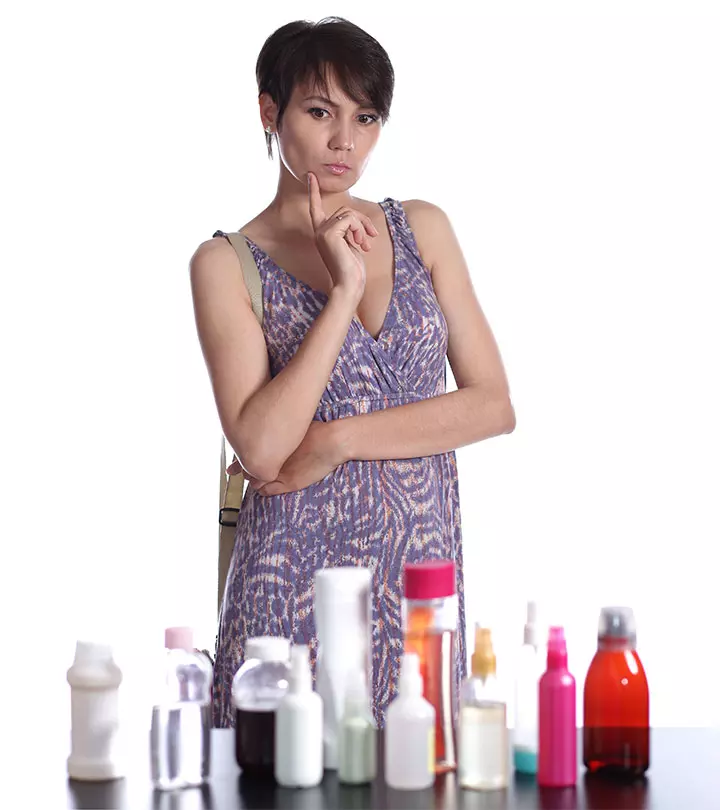
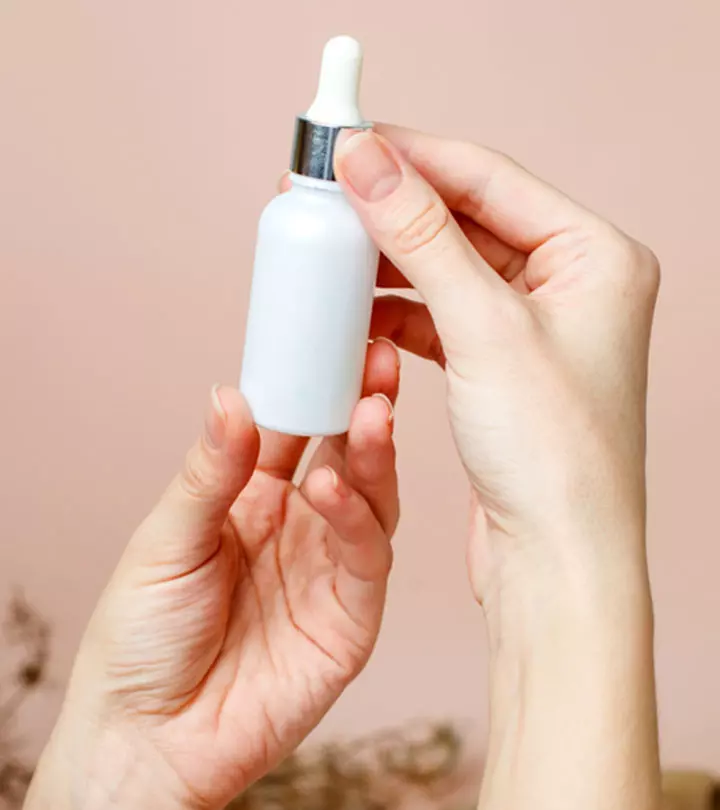
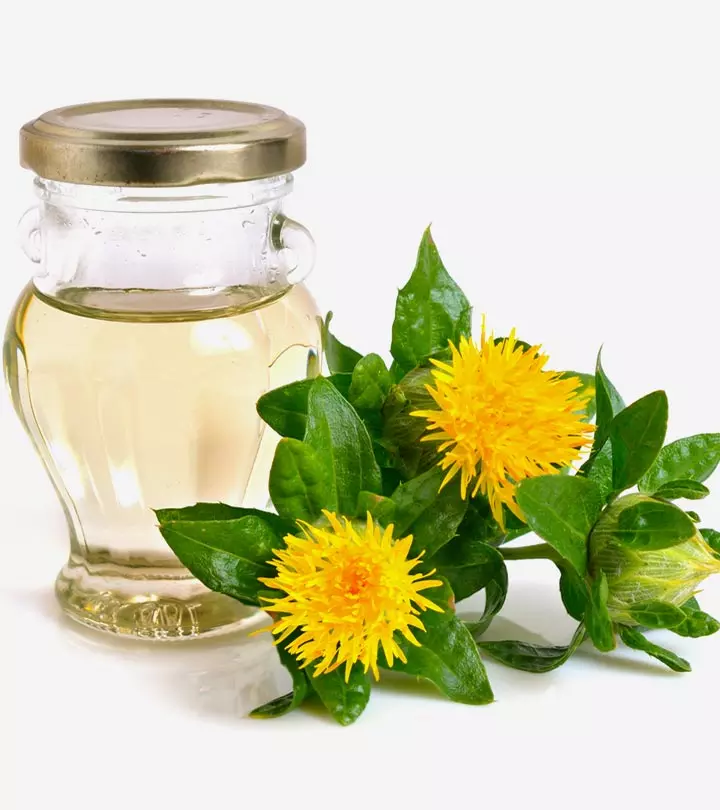
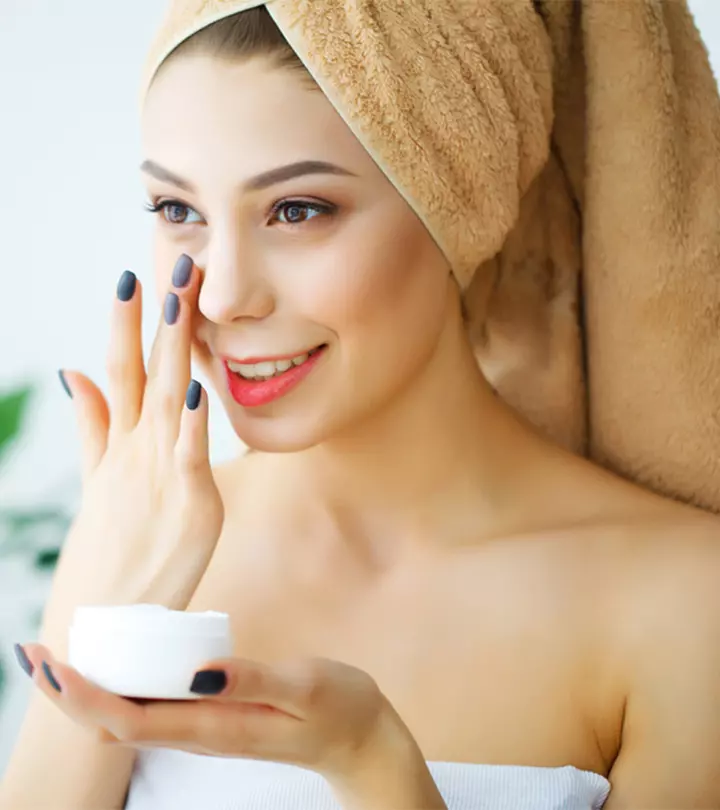

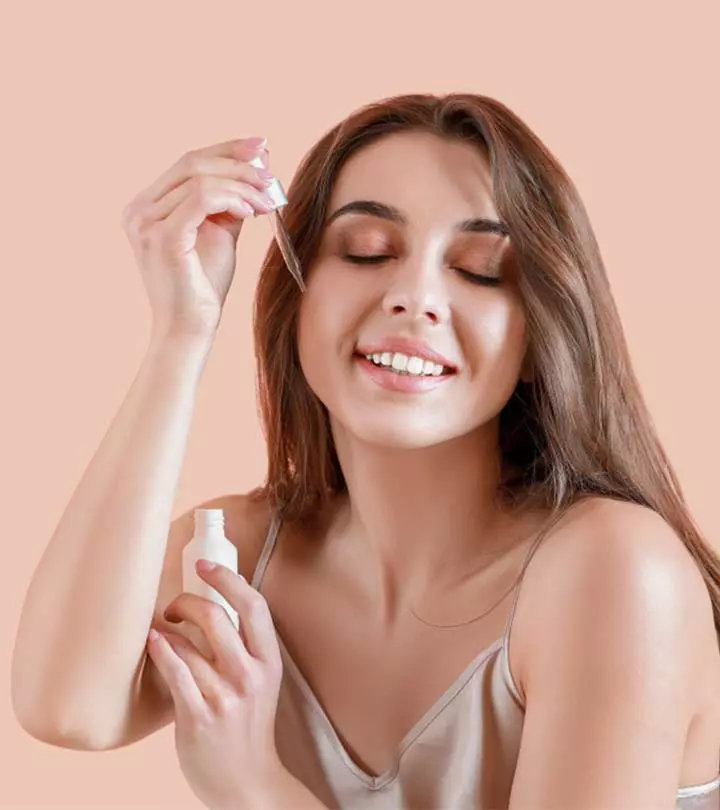
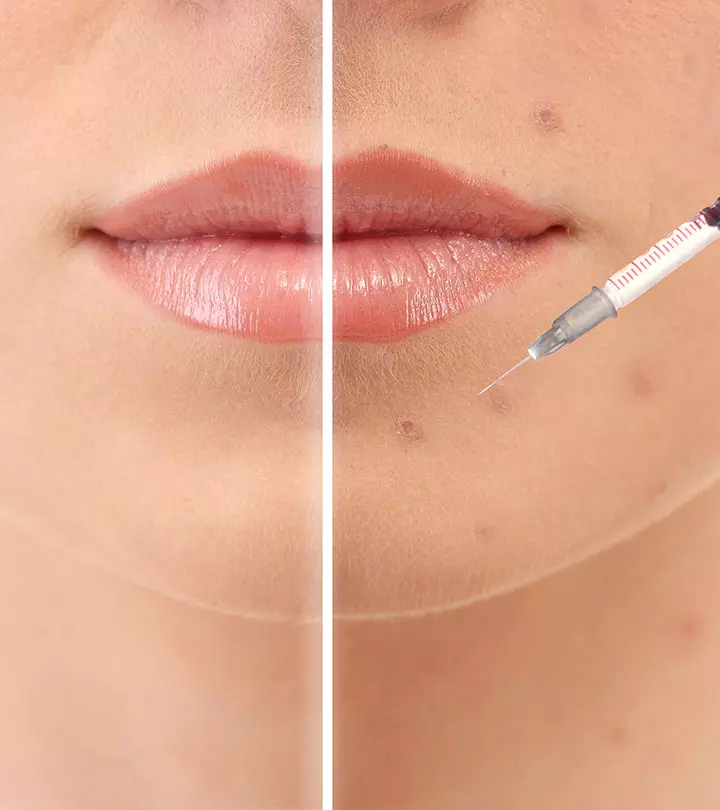
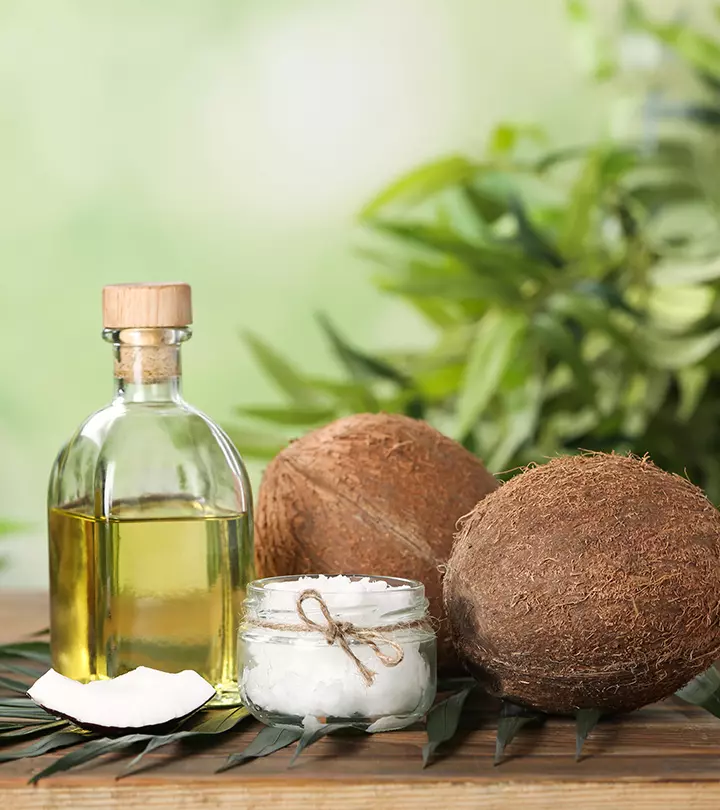
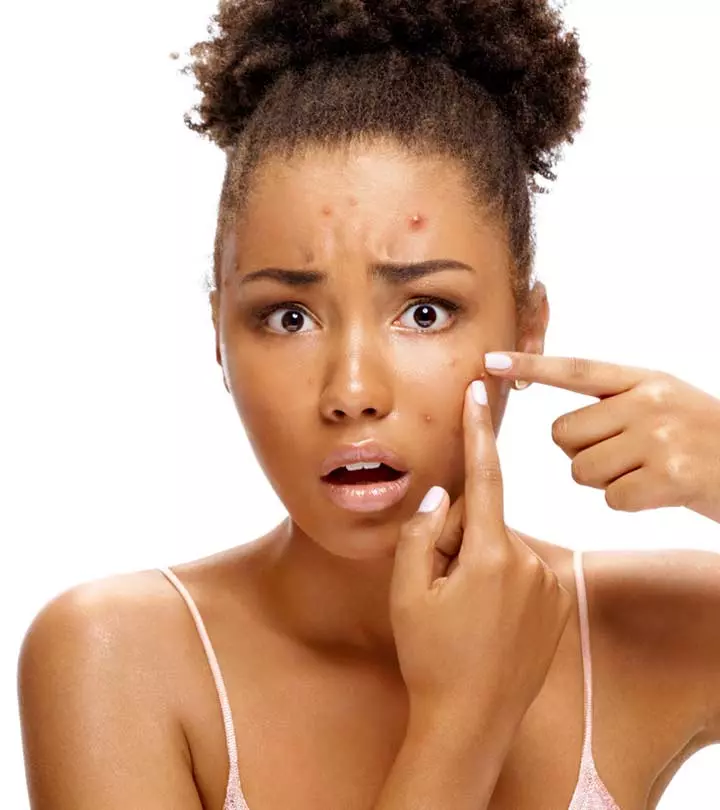

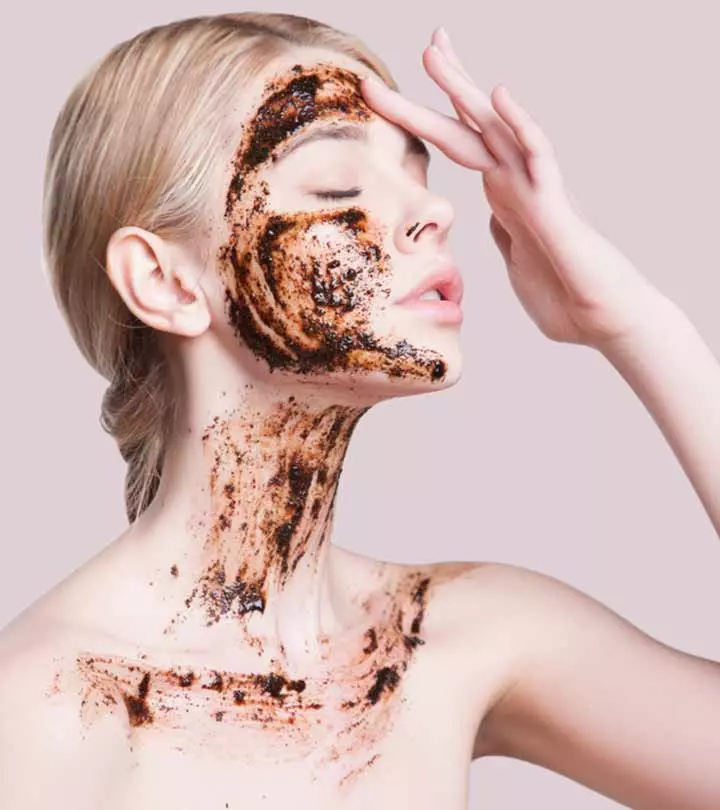
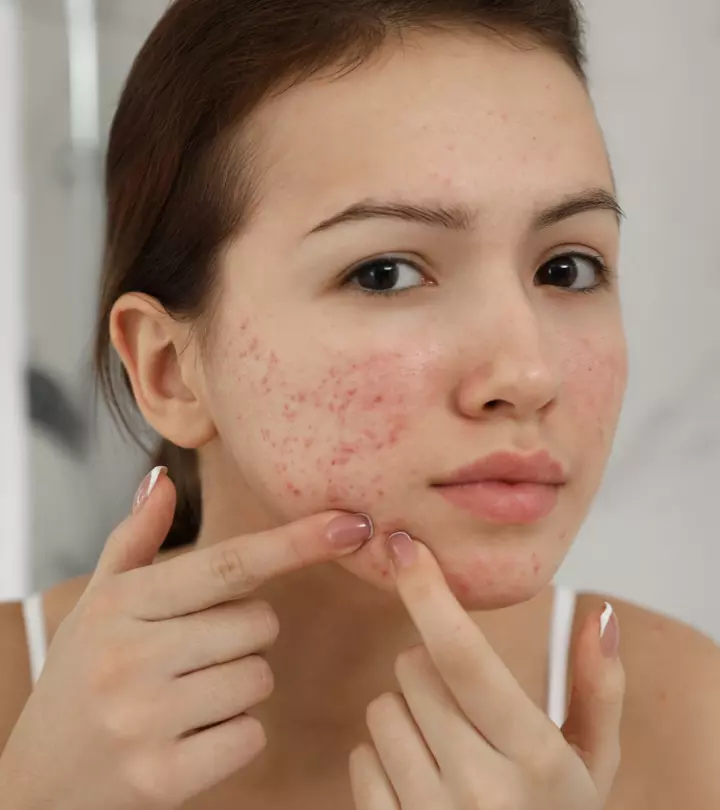
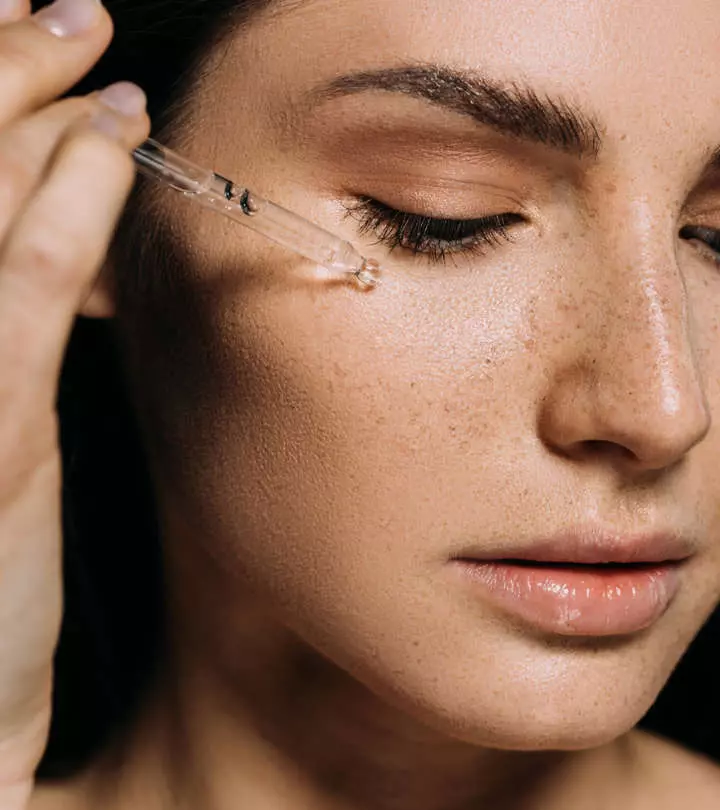
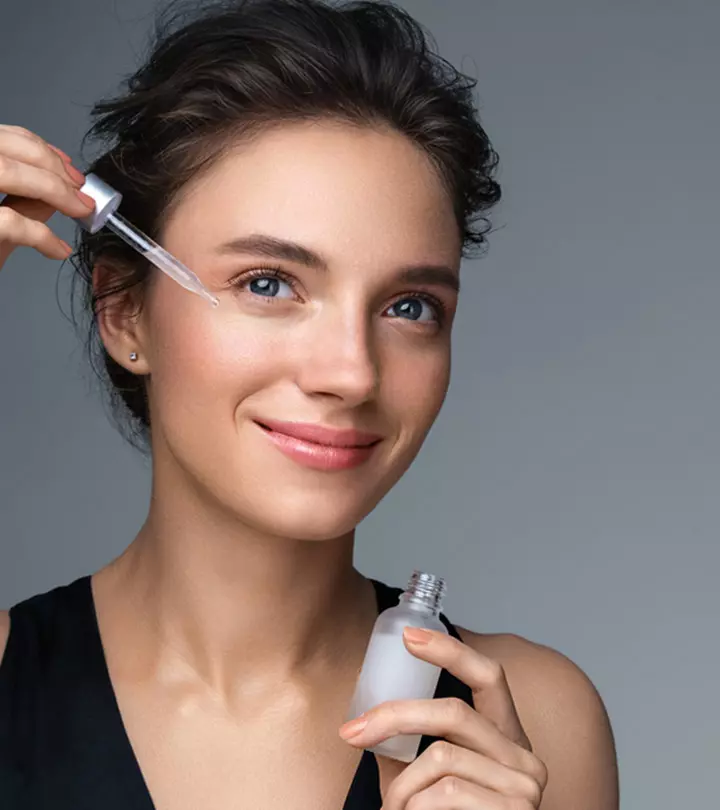
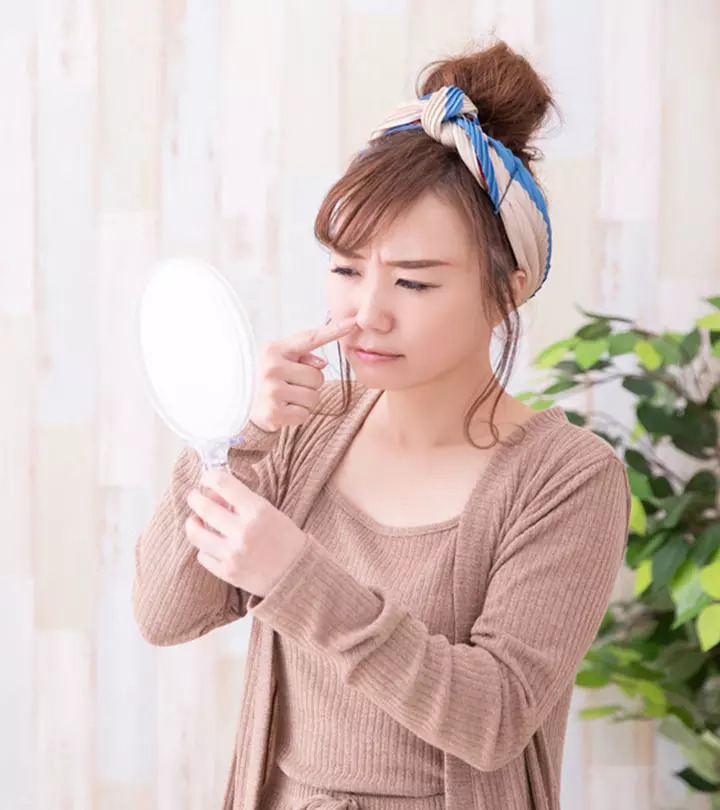
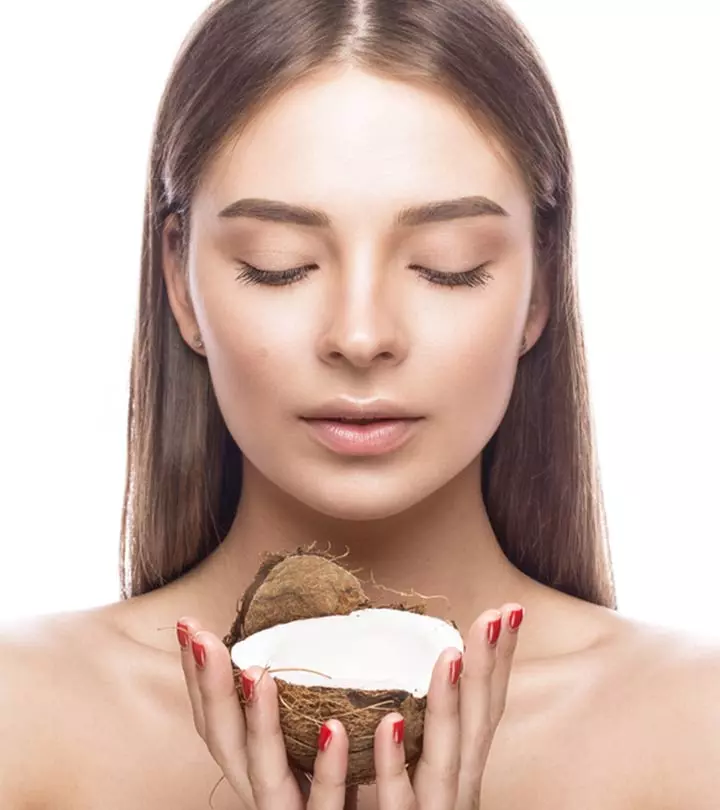
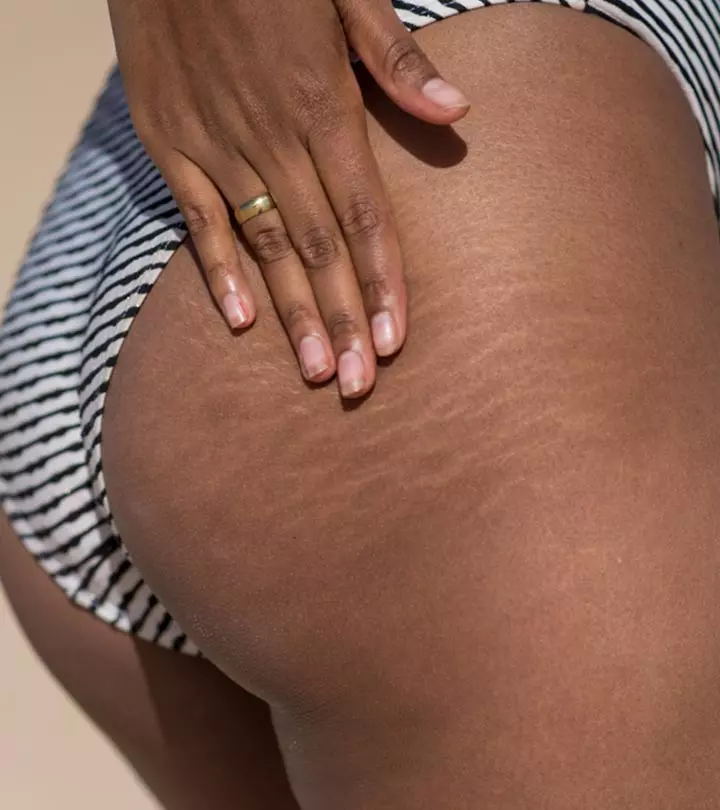
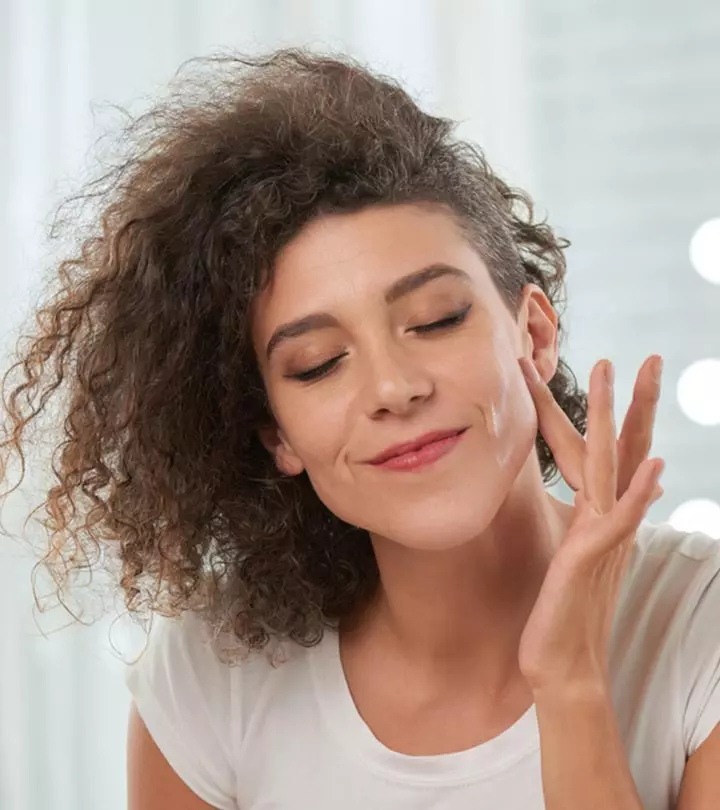
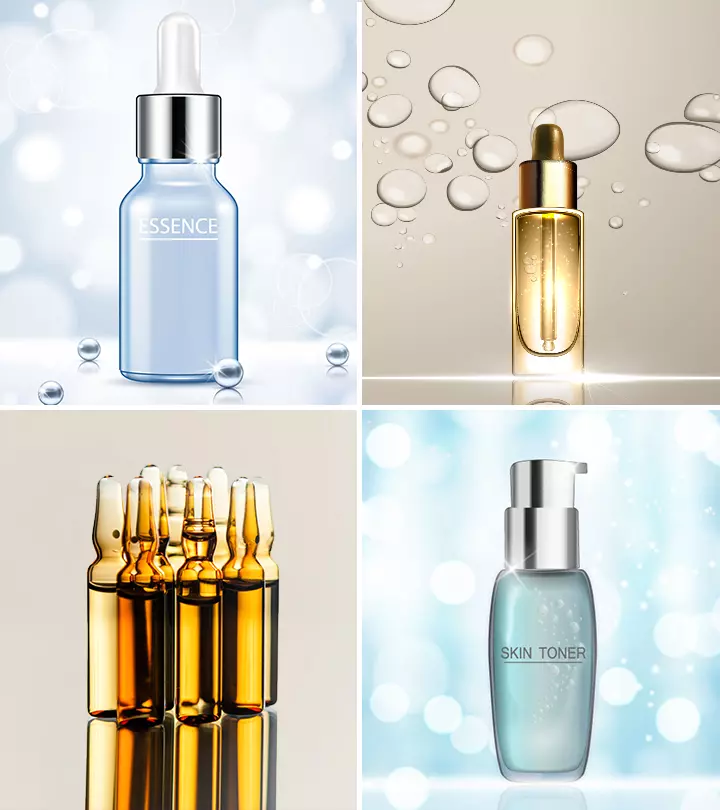
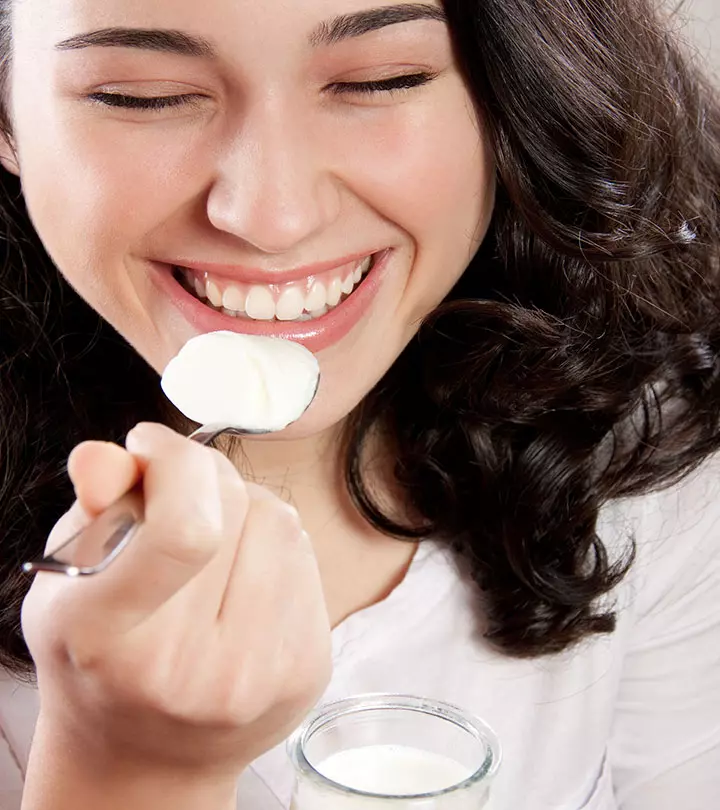
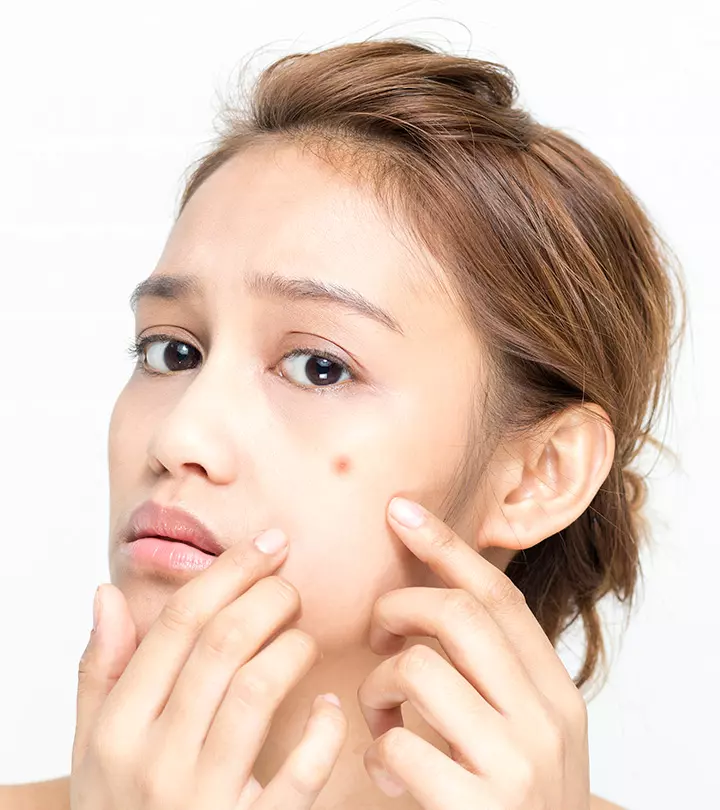
Community Experiences
Join the conversation and become a part of our empowering community! Share your stories, experiences, and insights to connect with other beauty, lifestyle, and health enthusiasts.